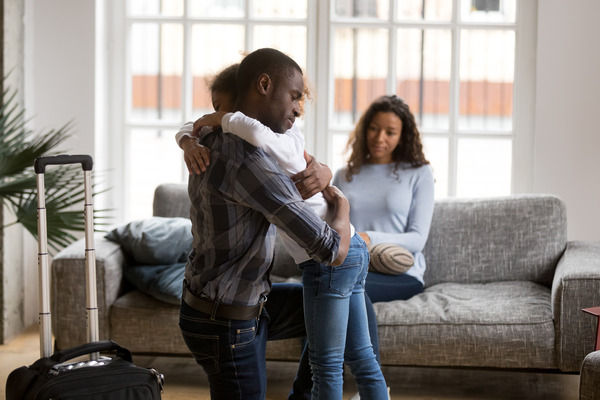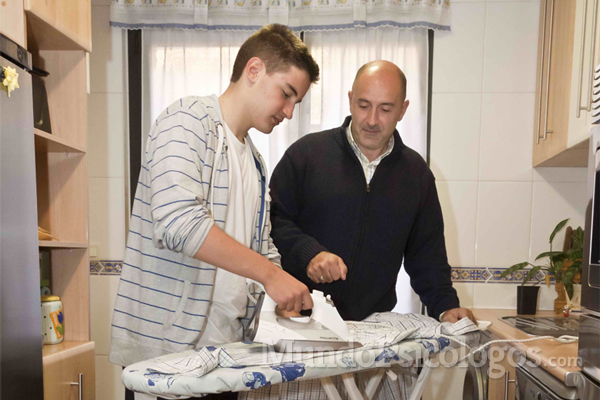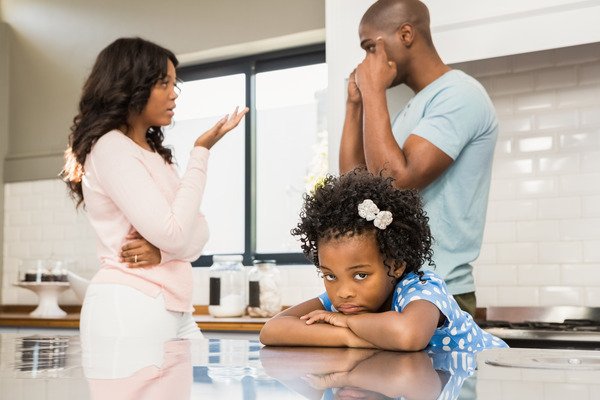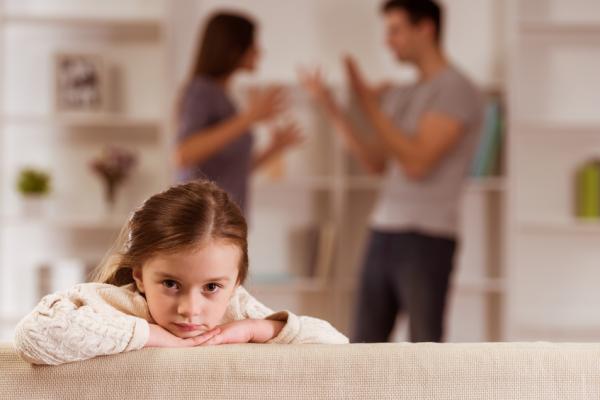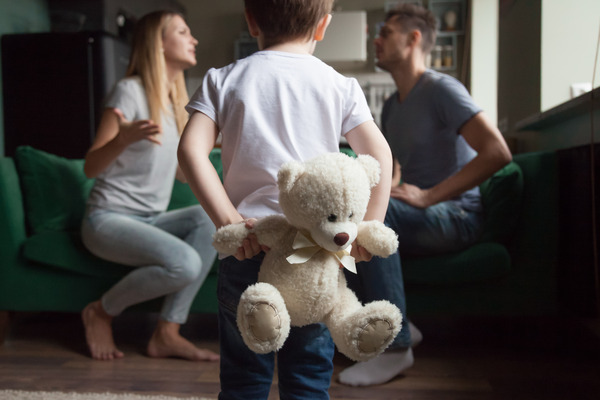The entry into force of shared custody has caused an avalanche of lawsuits and countersuits and real wars between parents over this issue.
Since the establishment of the divorce In Spain, in 1981, it was customary to grant “guardianship and custody” of children to their mothers, with specific visitation days for the father. That is, almost automatically, the mother stayed with the family home until the children came of age and she was the one who lived with them and made the daily decisions: what school to go to, what extra-curricular activities, etc. In exchange, she received an equitable amount from her father to take care of family expenses. At that time, the measure made all the sense in the world, first of all because few parents were in charge of the education of their children, since the traditional role of a woman was mother and wife, it was understood that she was the one who was best qualified to this work. Likewise, since women’s work outside the home was not as widespread as it is today, the measure sought to protect the weakest and was fair and logical.
How does divorce affect children?
Currently, women’s access to work, which in many cases allows them to have their own salary, and the greater involvement of parents in the care of children, even very young ones, has led to a mentality change in society that has led to the option of shared guard and custody.
From the point of psychological view , it is evident that children need their parents. It doesn’t make much sense for a man to end up having more contact with his new partner’s children (with whom he lives) than with his own. Now, in practice, the education of children is intertwined with economic disputes since:
- Alimony stops making sense.
- The family home is no longer automatically awarded to the mother, and its fate is uncertain, especially in this time of crisis when home sales have plummeted.
Why opt for joint custody?
So that the coexistence is totally equitable , one of two, or the children have to go from one house to another from time to time (“suitcase children”), or the parents must change residence. That is to say, there are many sentences, especially when the house has an important value that the parents are the ones who have to rotate.
Obviously, these continuous movements They are disturbing for children and therefore are not recommended for very young children and never if the homes are not close.
The shared custody , triggers fierce battles between parents, full of emotion, long, painful and very expensive, the consequences of which are paid by the little ones. And for shared guard and custody to be truly beneficial for all those involved and to work properly, a circumstance that almost never happens must occur: you have to get along fairly well with the ex-partner and be able to communicate. If you’re not willing to talk to your ex, don’t ask.
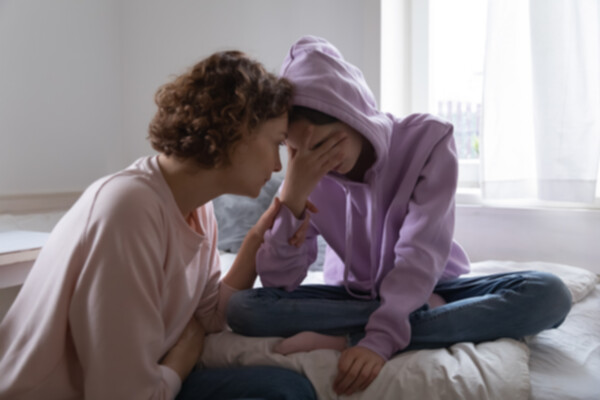
It is very common to see how men who had never considered themselves capable of caring for their children alone, request shared custody when they establish a new couple and the relationship is serious, which says very little in favor of their parental capacity Likewise, it is unfortunate to see how this pretext is used simply to recover the house or not pay pension.
On the other hand, the women They usually take the request for guard and shared custody as an attack on their work as mothers, as if someone were telling them that they are not doing it well and they are terrified that the children, with their parents, are poorly cared for. Obviously, many are not willing to lose the economic privileges and decision-making power that they have enjoyed until now, and in order to preserve them, they are capable of making false reports of mistreatment that so harm the cases that are true.
No matter how you look at it, it is much more important for children that their parents are able to talk to each other rationally than the physical place where they are going to live.

